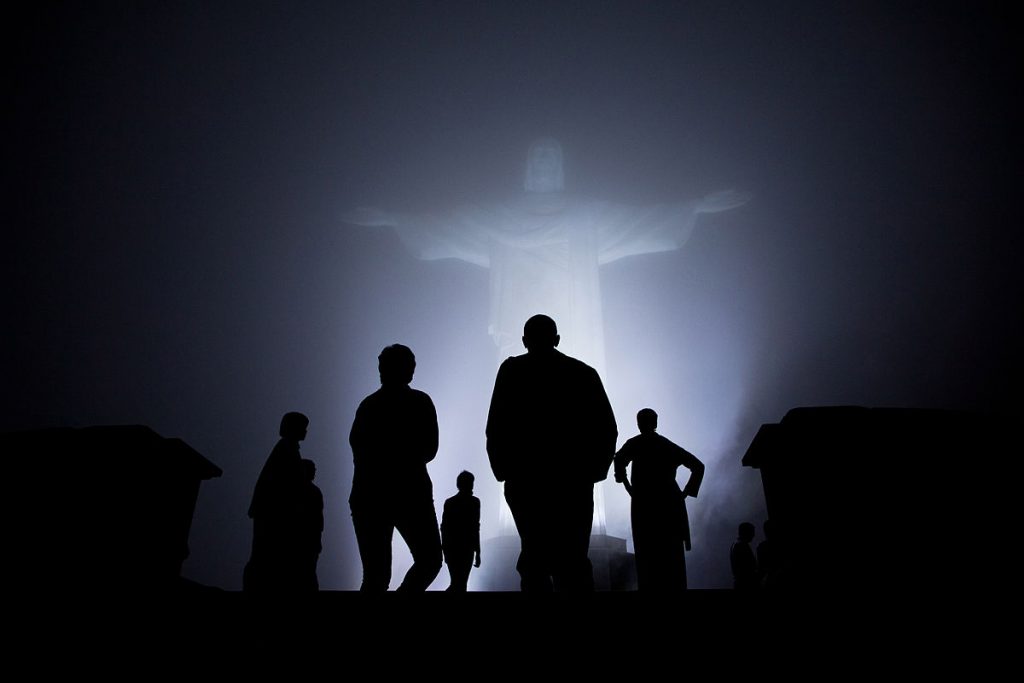Daniel Buarque
Ph.D. Candidate in International Relations at the KBI

While the international image of Brazil is traditionally associated with popular stereotypes such as football and beaches (Buarque, 2019), the country’s methods of diplomacy provoke a different perception abroad. Although Brazilian diplomats are praised for their competence, Brazil is still usually seen by the rest of the world as a country that remains “on the fence” and avoids taking sides in international disputes.
This view, regarding Brazil, was the focus of a recent paper published by Revista Brasileira de Política Internacional (RPBI). Focusing on the perceptions held by British diplomats, the study developed argued that the British diplomats perceive Brazil as a country that seems to want to be “friends with everyone” and, thus, avoids taking sides on any international disputes. It remains “on the fence” in important issues, which in turn may hinder the legitimacy of its bid for a stronger voice in global politics. These arguments were developed during the research that I conducted during my Ph.D. as a student on the Joint International Relations programme at King’s College London and the University of São Paulo.
The paper ‘A country on the fence: the United Kingdom’s perceptions on the status and international agenda of Brazil’ is based on the analysis of interviews with six British diplomats who served in Brazil and who discuss their perception of the international agenda of the country.
The idea of someone being on the fence is often used to represent indecisiveness. However, in the case of Brazil, the external perception is not that the country is undecided, but that it is unwilling to support one side or another so as to avoid commitment. Offering a position of neutrality is, in fact, just a way of not becoming too involved. It is based on the “unwillingness of Brazil to intervene on one side or the other”, as one of the members of the FCDO interviewed explained (Buarque, 2020).
The image of Brazil as a country unwilling to take sides and remain “on the fence”, however, goes beyond the perception of British diplomats. In his recently released book A Promised Land, former US President Barack Obama uses a similar idea to describe Brazil. According to Obama, the country generally avoided taking sides in international disputes.
The description, which repeats the idea that Brazil remains on the fence, was made while the former president described the decision to launch a military intervention in Libya. Obama made the decision to act whilst he was traveling in Brazil, in March 2011, as part of a “tour designed to boost the United States’ image”. This image had been damaged by the war in Iraq, the war on drugs, and policies such as ones regarding Cuba. According to Obama, this non-involvement attitude of Brazil’s, made his decision even more difficult to make, particularly as he was in the country.
“Under any circumstances, launching a military action while visiting another country posed a problem. The fact that Brazil generally tried to avoid taking sides in international disputes—and had abstained in the Security Council vote on the Libya intervention—only made matters worse.” (Obama, 2020, p661).
According to Sean Burges, Senior Instructor at Carleton University, this avoidance of taking sides is seen as a problem by many who observe the actions of Brazilian diplomacy; ‘Brazilian foreign policymakers want to position their country as a leader, but are almost pathologically averse to explicitly stating this role or accepting the implicit responsibilities’ (Burges, 2017 p.19)
Brazil has this image of being uncommitted to any specific position in international affairs. This makes it appear unwilling to take a side or to want to make any decisions. This action is seen as a problem because Brazil aspires to play a leading role in the world and countries that are actually great powers are states that have to make decisions and take sides. “If you are going to be a world power, being the 5th, 6th largest economy in the world and want the political influence to go with that, you need to be prepared to take sides”, said one of the British diplomats interviewed for the paper mentioned above.
References:
Buarque, D. (2019). Brazil Is Not (Perceived as) a Serious Country: Exposing Gaps between the External Images and the International Ambitions of the Nation. Brasiliana: Journal for Brazilian Studies, 8(1-2), 285-314. https://doi.org/10.25160/bjbs.v8i1-2.112957
Buarque, D. (2020). A country on the fence: United Kingdom’s perceptions of the status and international agenda of Brazil. Revista Brasileira de Política Internacional, 63(1), e012. Epub September 07, 2020.https://dx.doi.org/10.1590/0034-7329202000112
Burges, S. W. (2017). Brazil in the world: the international relations of a South American giant. Manchester University Press.
Obama, B. (2020). A Promised Land. Crown.
